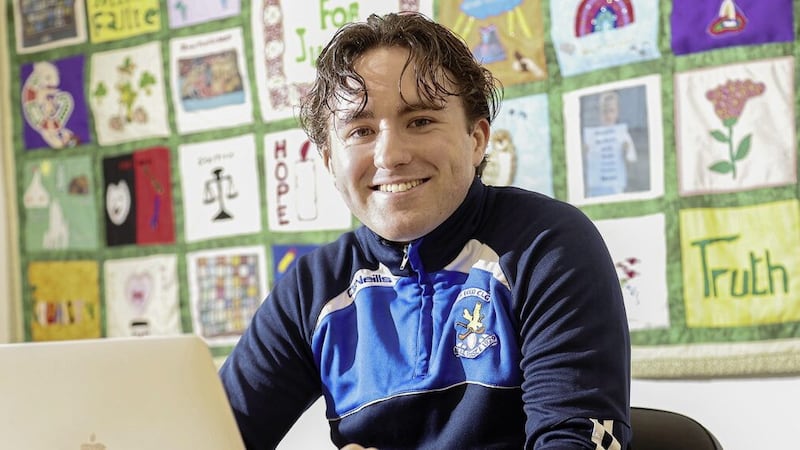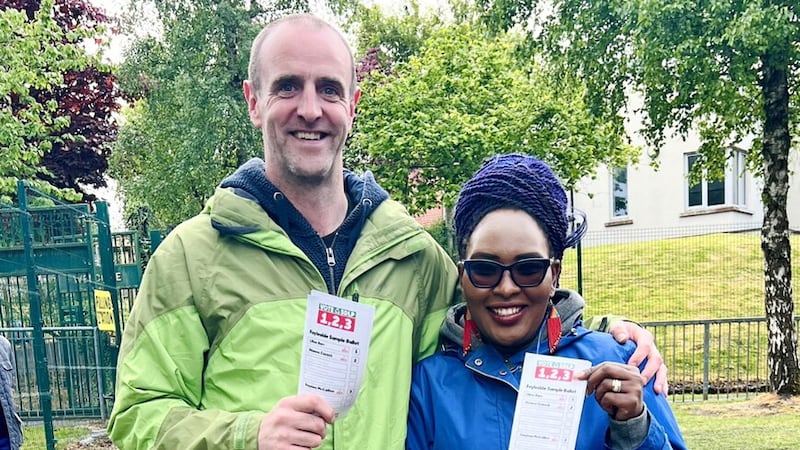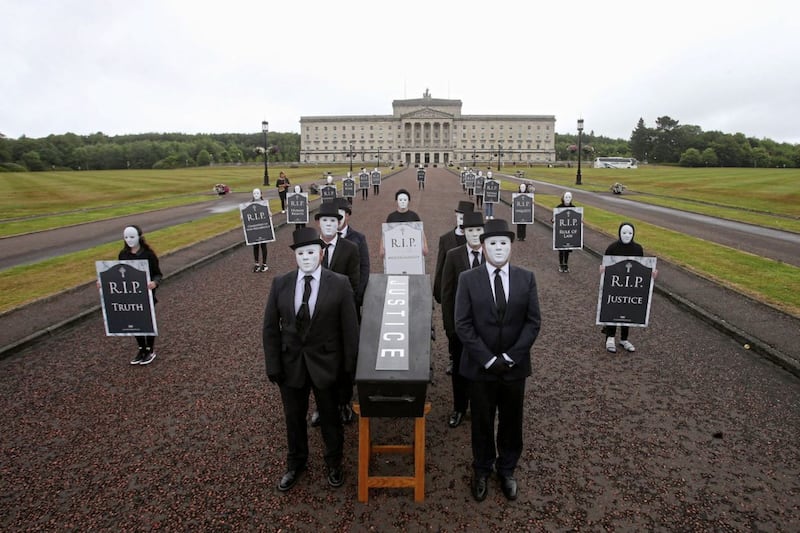POLITICIANS in Dublin will hear about a special project set up to tell the stories of GAA members killed during the Troubles.
It is estimated that 168 people with GAA links died during the conflict.
The Relatives for Justice GAA Legacy Project has carried out dozens of interviews with a view to publishing a book about those who died.
On Wednesday members of Oireachtas will hear details during a special presentation at Leinster house.
Peadar Thompson, RFJ GAA Project Co-Ordinator, and well known Co Armagh GAA figure, Eugene Reavey, will brief politicians from across Ireland on the important project.
Mr Reavey’s three brothers were shot dead in their home by the loyalist Glenanne Gang in January 1976.
His family has a long association with St Killian’s GAC in Whitecross.
The GAAs Ulster Council is also expected to be represented at the event.
Mr Thompson said it is important to remember GAA members who lost their lives.
“The GAA is described as a family and it is important that we recognise and acknowledge the loss and hurt that exists in the GAA as a result of the conflict,” he said.
He added that some GAA clubs are named after members who died adding that it is “important that we have a collective record”.
“It is important for the GAA as a family to acknowledge there was a lot of hurt and we can help in the healing by acknowledging it,” he said.
Mr Thompson said the planned book will be “made up of the direct testimony from the family and friends of each lost Gael, detailing the achievements of their loved ones within the GAA, their clubs, their roles, their stories beyond that of a conflict statistic and to get a real sense of the individual and their life and passion as a Gael”.
“We are seeking to ensure that each lost Gael is no longer defined by the circumstances of their death, but that their legacy and memory is more so defined by their commitment and love for their sport and culture,” he said.
Mr Thompson said families who want their story told should get in touch with the project before April 7.








